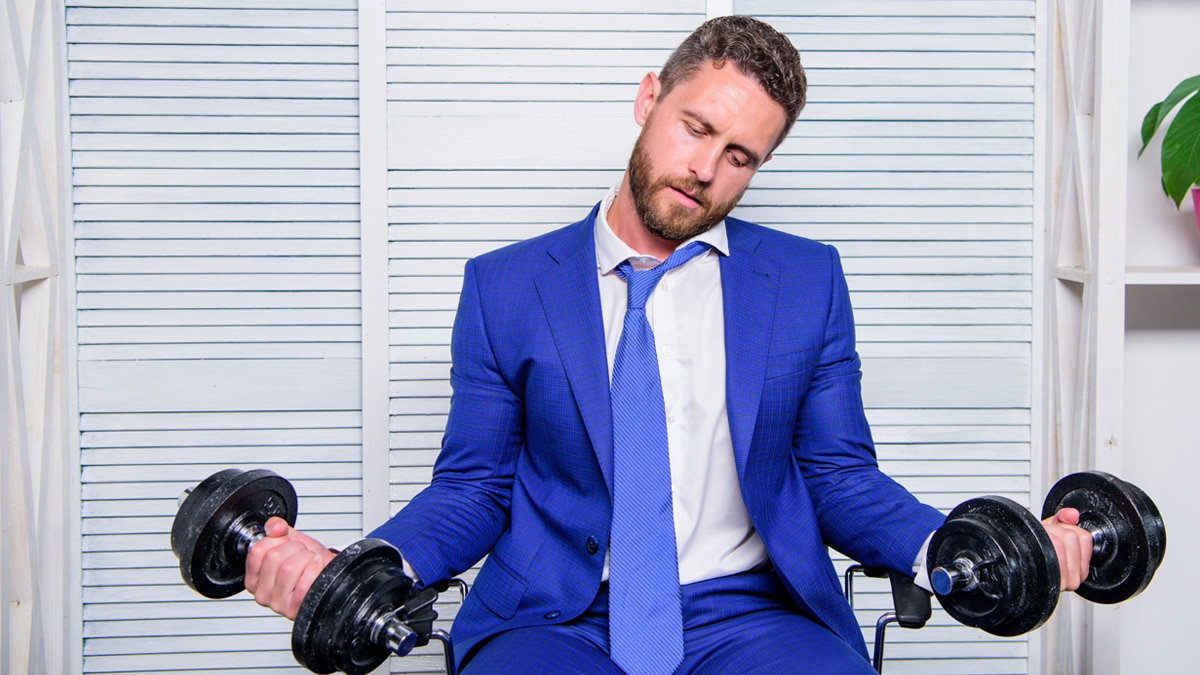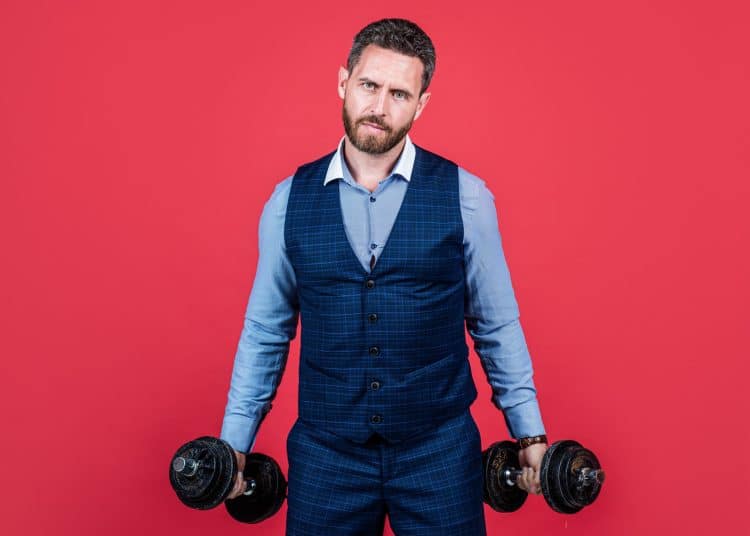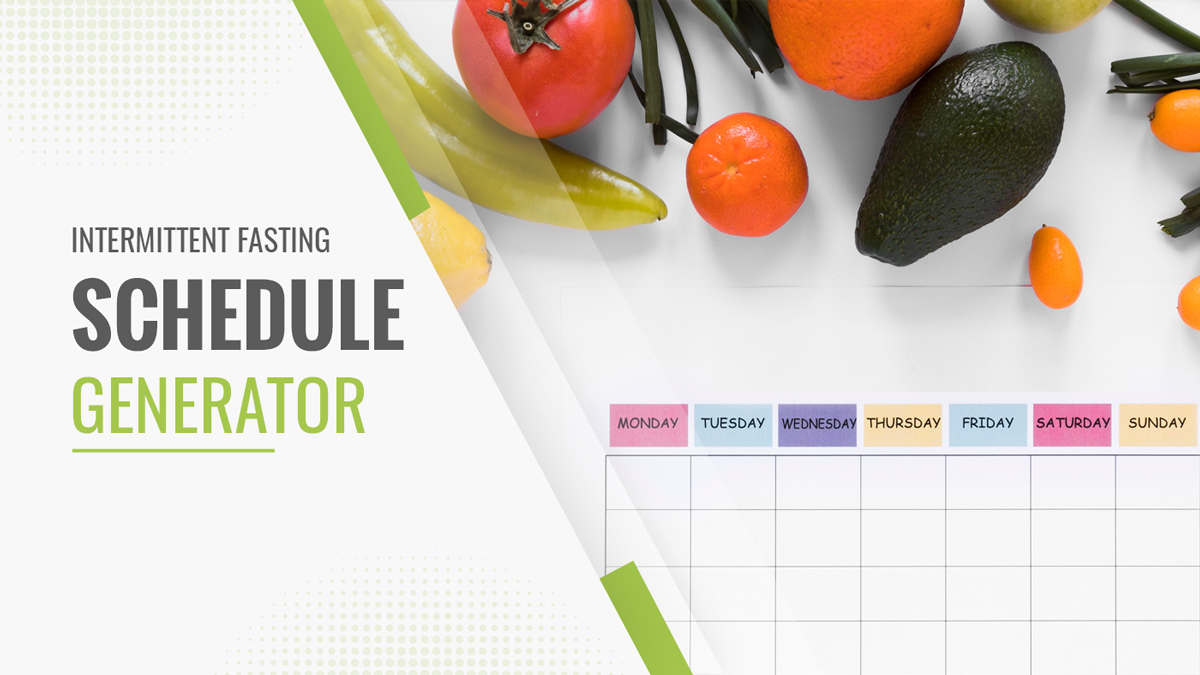Even the most disciplined, motivated exerciser is tempted to skip the occasional workout. And while the odd missed workout probably won’t have much of an impact on your progress, the more training sessions you fail to do, the more likely you are to backslide and lose your hard-won gains.
In many cases, the excuses we make to miss workouts are merely justifications for feeling lazy. You know you SHOULD get up off the couch and head to the gym, but you just can’t be bothered.
Of course, sometimes, our excuses are legitimate and harder to defeat.
So, for this article, we’re looking at some of the most common excuses for not working out, both real and imagined, and revealing how best to overcome them.
Common Excuses for Not Working Out Busted!
Workout excuses – we all make them. These are some of the most common and how you can overcome them.
1. I don’t have time
While lack of time is a genuine barrier to working out, it can also be busted pretty easily. People far busier than you have managed to find time to exercise, and if they can do it, so can you.
Try spending less time surfing the net, get up a little earlier, or just be more organized, so you’ve got more free time for your workouts. There are also ways to make your workouts more time-efficient – details of which you’ll find here.
Also, reevaluate your workout plan to make it more manageable. There is no need to spend two hours working out six days a week. You can achieve excellent results from just two or three short workouts per week.
Always remember that there are 168 hours in a week, and you need about three for exercise. That’s 1.78% of the time you have available. Most people spend longer than that watching, so it’s easy to see how it should be possible to fit a few workouts into even the busiest of schedules.
For short but effective workouts, check out these articles:
- The Weekend Warrior Workout
- 15-Minute Fat Loss Finishers
- One Lift A Day (OLAD) Workout
- High-Intensity Training Workout
- Two Exercise Workouts for Time-Pressed Exercisers
- Burn Fat and Build Muscle with Our Top 10 Tabata Workouts
- Integrated Circuit Training for Fitness and Fat Loss
2. I hate this exercise/workout
Exercise should be enjoyable, even if it’s hard. There is no point in doing a workout that you hate. After all, it’s easy to find excuses to avoid not doing something you don’t enjoy. You are much less likely to skip a workout you like doing.
So, if you hate your workout, do something else. Unless you are in the military, you are free to choose your own path to fitness.
There are hundreds of workouts in our workout library, and you can also write your own training program.
If you work with a trainer and hate the exercises they’re giving you, make sure you let them know. Remember that YOU are the paying customer and should have some input over the contents of each training session.
Don’t suffer in silence than then quit your workouts. Instead, get them to change your program to make it more enjoyable. That doesn’t mean your workout will be any easier, but there is no reason to do exercises you genuinely find unpleasant.
3. I’m too tired to exercise
Occasional bouts of tiredness happen to everyone. Thankfully, a cup of coffee or a shot of pre-workout will probably be enough to power you through your training. Consume some energizing caffeine 15-30 minutes before your planned workout, and you should be good to go.
But, if tiredness affects your workouts more frequently, it could be that you are not getting enough sleep, aren’t paying enough attention to post-workout rest and recovery, or are simply doing too much exercise and are becoming overtrained.
The good news is that you can fix all these problems so that you have all the energy you need for your workouts.
Read this article to learn about the importance of sleep and how to sleep better and longer.
Check out this article to find out more about overtraining and what to do about it.
Finally, use the information in this article to make sure you recover faster between workouts.
4. I don’t have the right equipment
While certain pieces of equipment can make your workouts more varied and interesting, the truth is that you don’t actually need a lot of gear to get fit, build muscle, or lose weight.
Bodyweight exercises are awesome, and you can do them anytime and anywhere. Resistance bands are cheap, portable and incredibly versatile. You can get a very effective workout using nothing but freeweights.
Just because some fitness personality tells you that you simply must use a particular piece of workout equipment doesn’t mean you have to. Remember, influencers get paid to promote things, so they’re very biased.
Instead, remember that 50 years ago, fitness was much simpler, and exercisers worked out without a lot of fancy equipment. They managed to get in good shape, and so can you.
5. My workout is boring!
And who’s fault is that?! Seriously, though, if you’ve been doing the same workout for more than a few months, it will inevitably become repetitive and boring, so you need to shake things up with a new one.
There are dozens of ways to organize your training week and hundreds of different exercises to choose from. This means there are almost an infinite number of workouts you can use to prevent boredom.
Change your workout every 6-8 weeks to not just avoid boredom but also make sure that you avoid training ruts and plateaus. After all, the one thing that’s worse than a boring workout is one that stops producing results.
However, take care not to replace one program with something similar. When it comes to warding off boredom, big changes work best. For example, if you’re coming off a bodybuilding program, don’t follow it up with another hypertrophy plan. Instead, try a strength-building program, such as weightlifting or powerlifting.
6. I can’t afford the right supplements
Contrary to common opinion, you don’t need to take supplements to build muscle, get fit, or lose weight. Your diet and exercise program are far more critical and responsible for most of your progress.
Supplements are basically at the tip of your needs pyramid and are the last thing you have to worry about. Not being able to afford supplements should not stop you from getting into great shape.
Providing you train hard and eat healthily (which can be done cheaply, too), your body will adapt to your workouts.
A lot of the information that surrounds supplement use is marketing hyperbole, and while some supplements can be beneficial, they only offer a very small advantage. They certainly aren’t compulsory or essential, no matter what the adverts tell you!
Read more about bodybuilding without supplements here.
7. I feel unwell
Feeling unwell is a legitimate reason for skipping your workout. However, in some cases, getting up and moving may make you feel better. Exercise produces chemicals called endorphins, which are closely related to morphine. Endorphins are natural mood enhancers and pain killers, so your workout could leave you feeling less unwell.
However, when deciding whether or not to exercise, you must listen to your body. As a rule, symptoms that reside above your neck (head) are not usually a cause for concern. However, symptoms below the neck (chest and abdomen) should not be ignored.
So, if you’ve got a headache, you should be okay for a light workout. But, if you’ve got a cough, feel wheezy, or have a stomach upset, rest will probably do you more good than a workout.
8. I’ve got injuries so I can’t work out
Don’t we all! One of the downsides of living an active lifestyle and working out regularly is that, sometimes, injuries happen. They can be acute (sudden onset) or chronic (long-lasting). And while injuries are usually unpleasant, they don’t have to stop you from exercising. In fact, unless it’s something really serious, you should be able to train around your aches and pains.
For example, if squats hurt your knees, there are plenty of knee-friendly leg exercises you can do instead. Similarly, if your shoulders are bothering you, there are exercises and workouts you can follow to prevent things from getting worse while maintaining your existing strength and muscle mass.
Related: Muscle Atrophy – Causes and How to Avoid It
While training around an injury means following an unbalanced program until you heal, there are very few problems that you cannot work around. However, in the case of serious problems, e.g., fractures or surgeries, make sure you speak to your doctor before engaging in any kind of workout. The last thing you want to do is make things worse.
9. I travel too much to exercise regularly
Traveling can disrupt even the most well-planned workout program. For example, your hotel gym may be less well equipped than you are used to, or you may feel tired after spending many hours on a plane or driving.
But, none of these things need to be a barrier to working out. Instead, you just need to be flexible and change your workouts based on the available facilities and how you’re feeling.
For example, instead of relying on your hotel gym, plan to do more bodyweight and resistance band exercises when you are away from home. Also, cut the duration of your workouts down to 20-30 minutes if you’re feeling tired.
Regardless, any workout is better than no workout, and no matter where you are, you should still be able to do some exercise, even if it’s just some push-ups and air squats in your hotel room.
As for cardio? Pack your sneakers and head out for a walk, jog, or run and explore your new surroundings. Who knows what you might see or find during your workout.
Read also: Stay in Shape While Traveling: Ten Hotel Room Workouts
10. I’m too old and unfit to start working out
I understand how you might think this is true, but, honestly, age and fitness do not have to be barriers to working out. From the outside looking in, it often seems like everyone who works out was born lean and strong. However, in a great many cases, even the fittest exerciser was once out of shape, overweight, and had doubts about starting a new workout regimen. But they did it, and so can you.
Forget things like ultra-intense workouts and complicated exercises – they’re too much for most beginners. Instead, ease yourself into training with a gentler, more straightforward workout program. Doing too much too soon is why so many newbie exercisers are put off working out.
Related: Beginner’s Muscle Tone Program and Beginner’s Bodybuilding Program
If you are out of shape, overweight, or getting on in years, start off slow and easy and gradually increase the duration and intensity of your workouts as you get fitter. Listen to your body and resist the temptation to do too much too soon.
However, if you are really out of shape, it’s probably a good idea to speak to your doctor before you begin any kind of exercise program. The chances are they’ll congratulate you on wanting to start, but it’s always best to check.
Wrapping Up
Excuses are easy to make, but most of them are just the lies we tell ourselves to justify our laziness. However, if you recognize those excuses for what they are, you will find that most of them are easy to overcome.
It’s time to stop making excuses, get up off your butt, and get moving. Regardless of why you think you deserve to skip your workout, there are invariably more reasons that you should stick to your plan and hit the gym.
And remember, the more workouts you miss, the less likely you are to reach your training goals. So, if you really want to get fit, get lean, or build muscle, you need to stop making excuses and take action.
Excuses and missed workouts? Just say NO!
Tip: If you're signed in to Google, tap Follow.
















